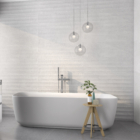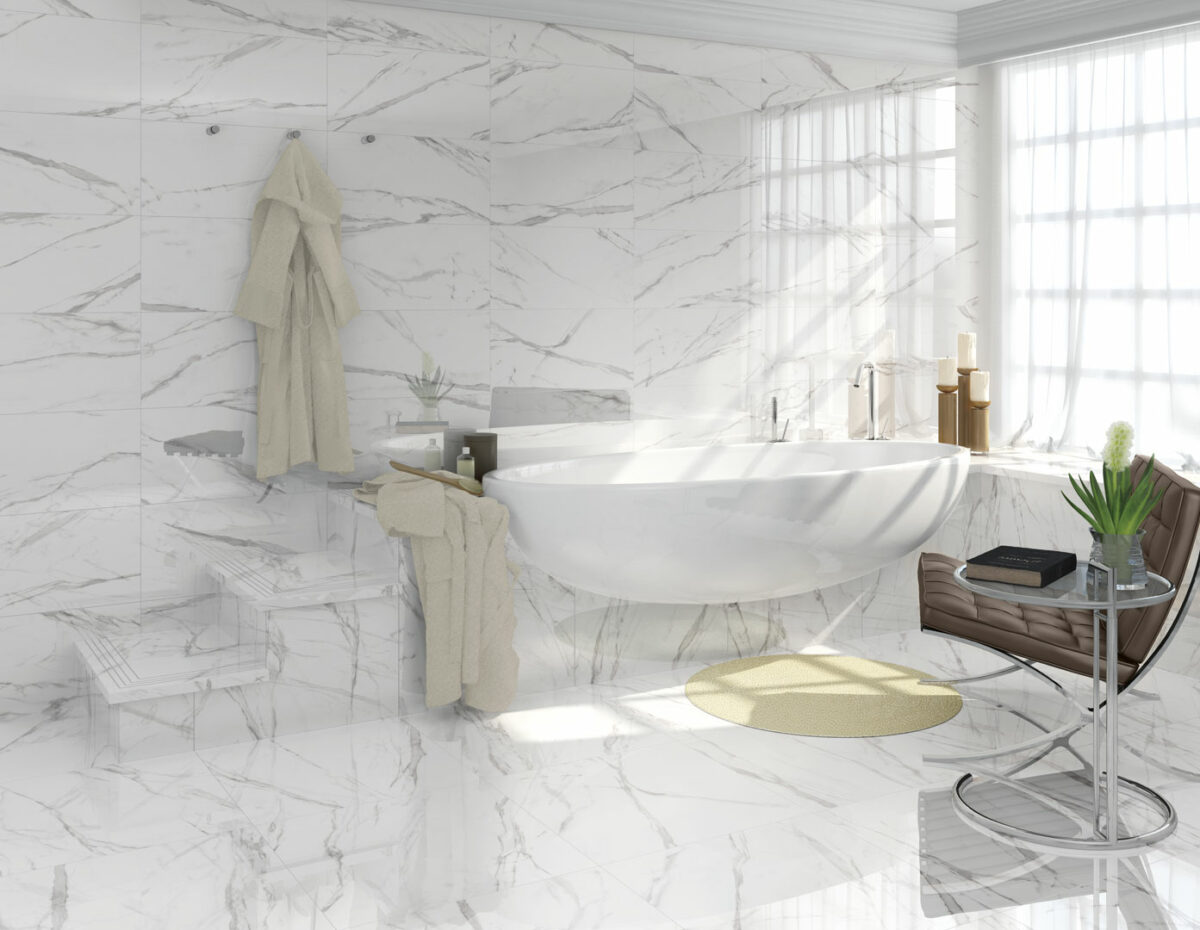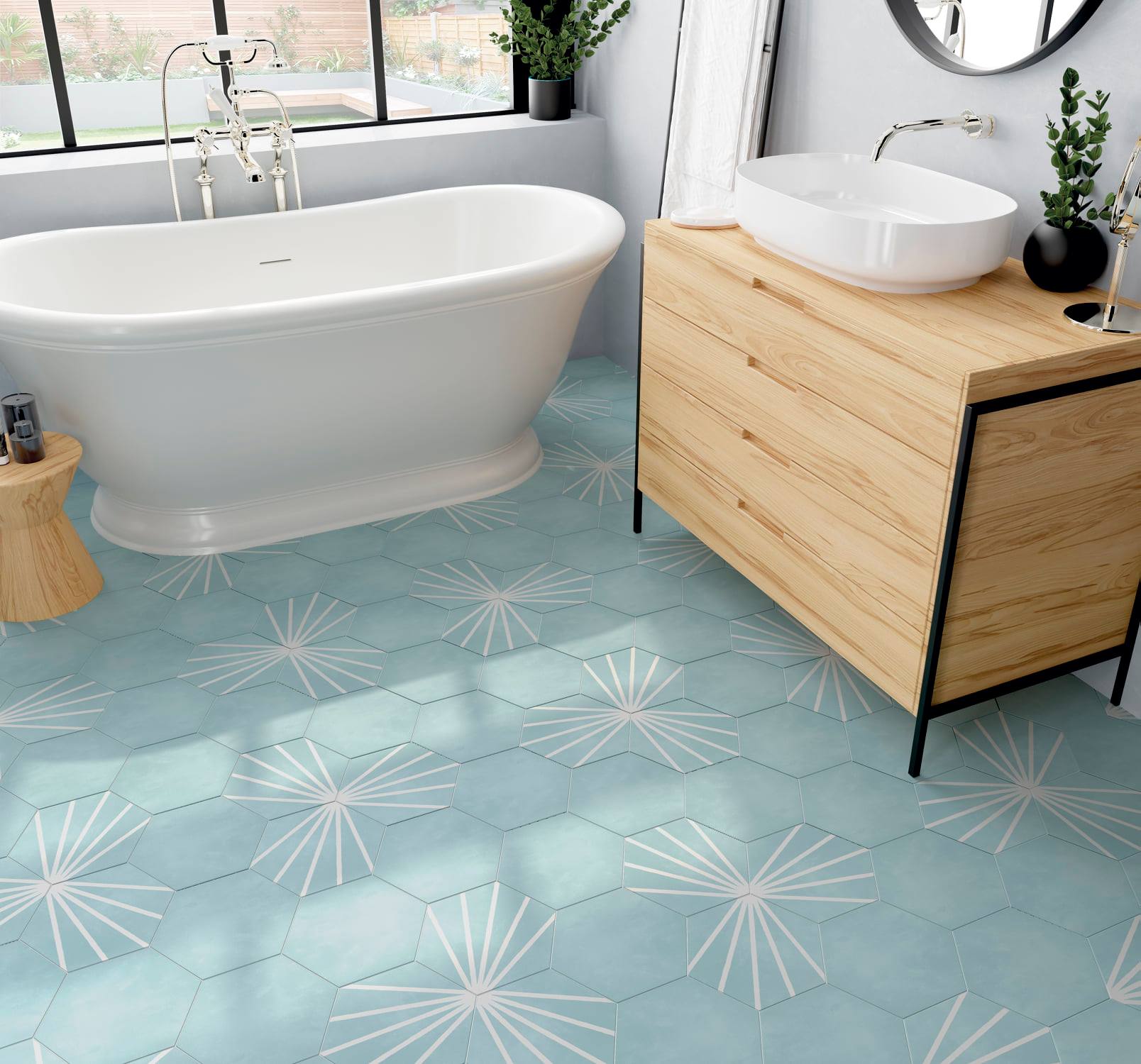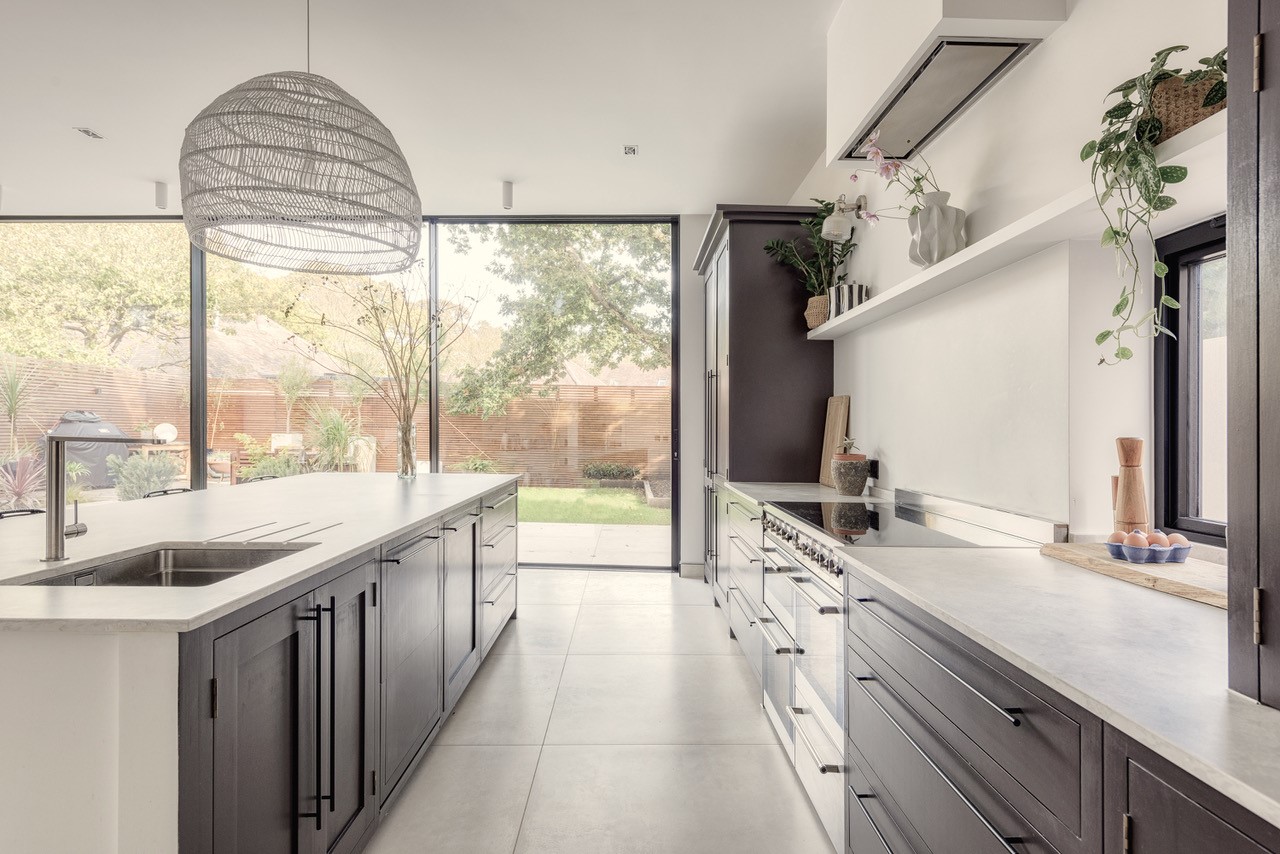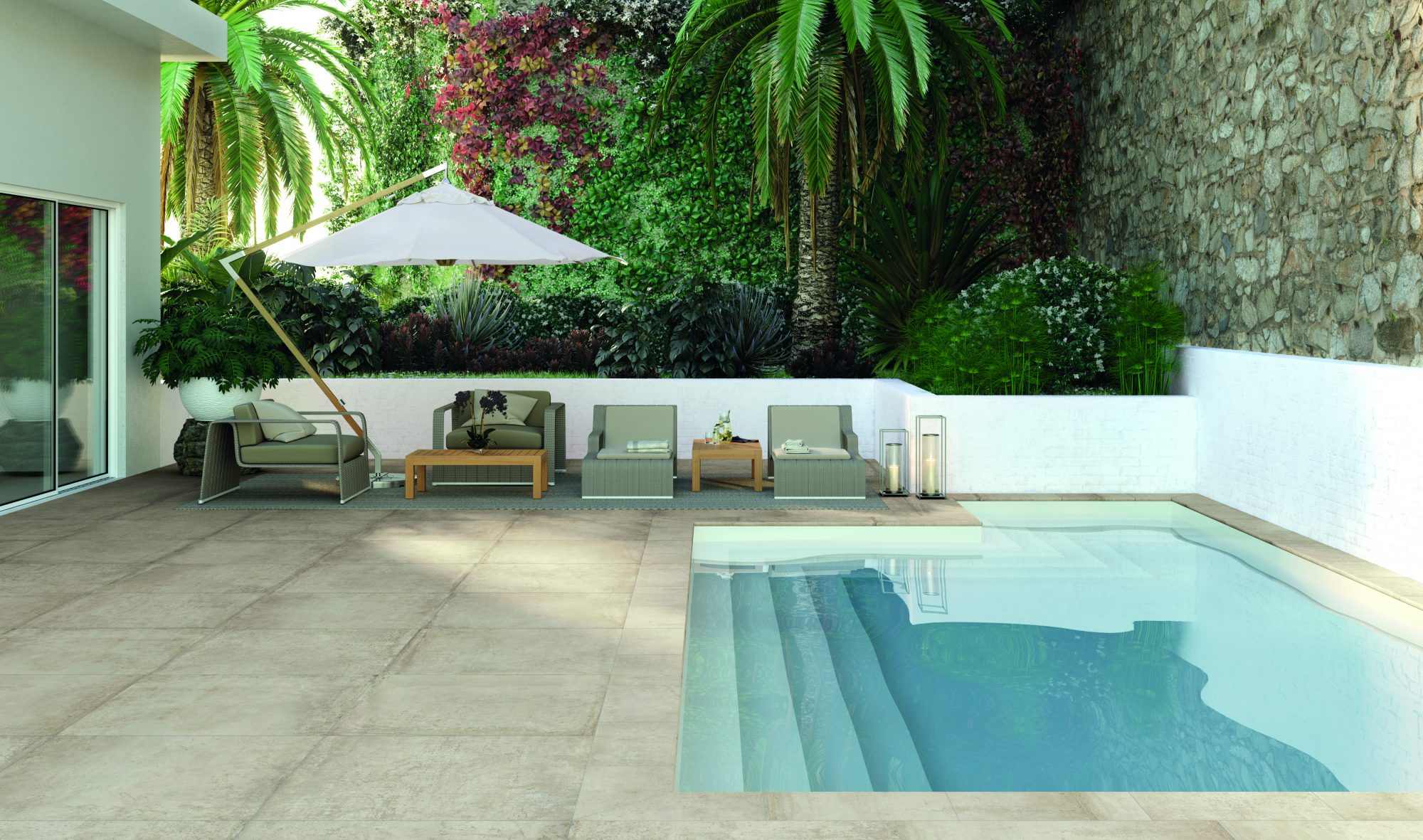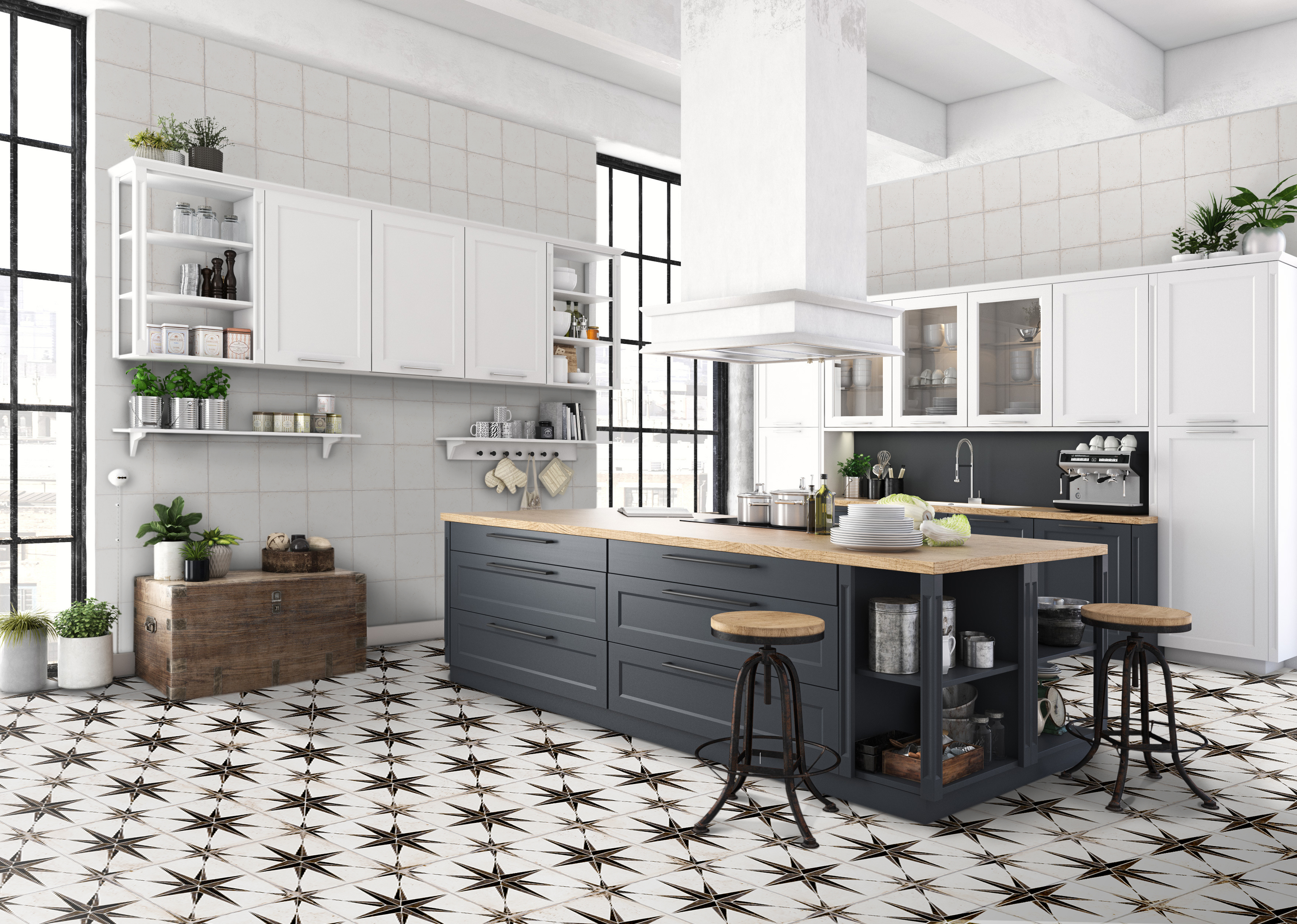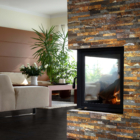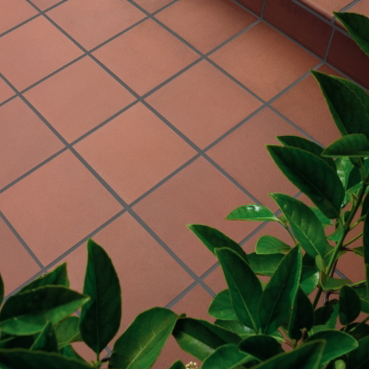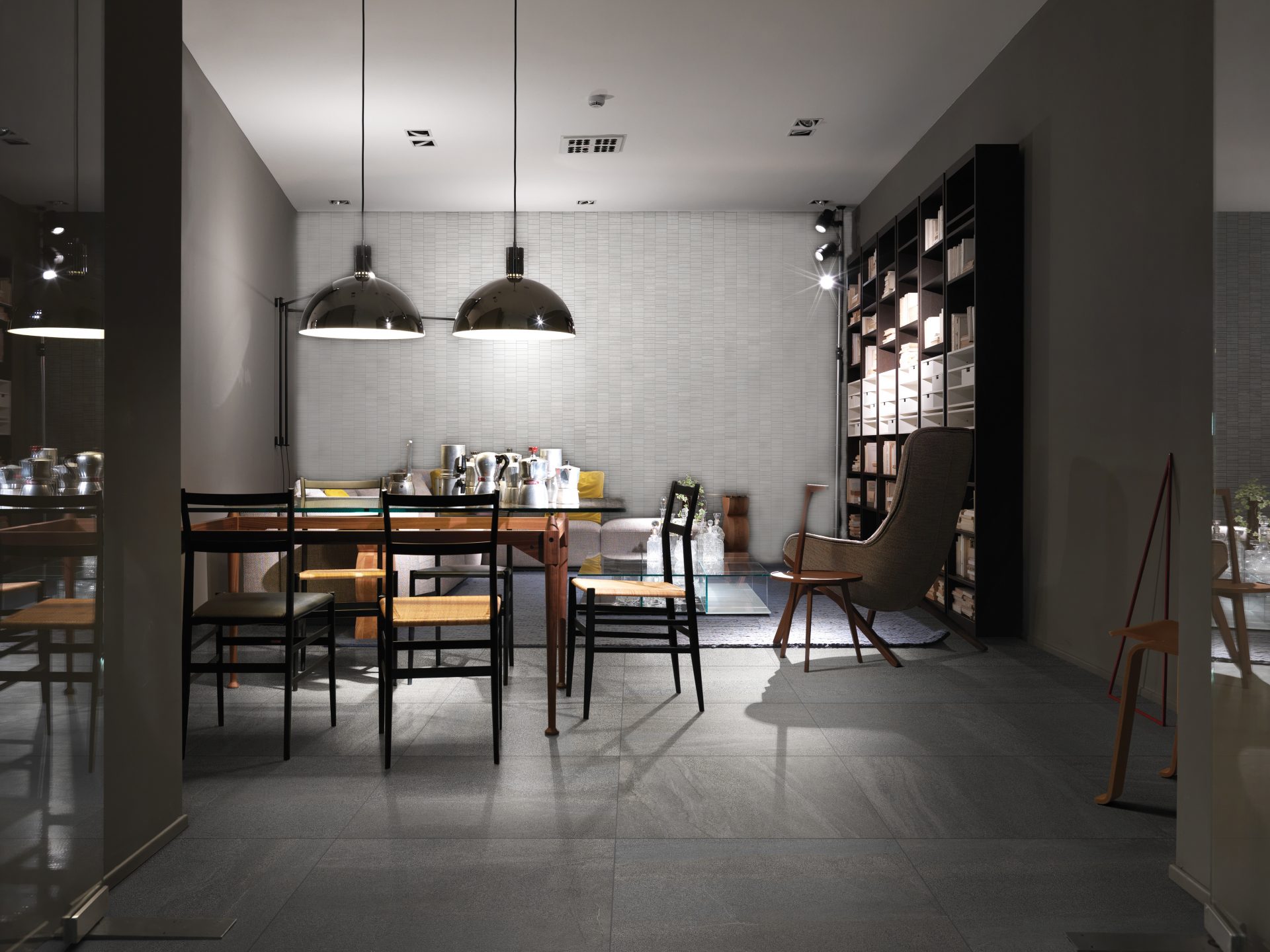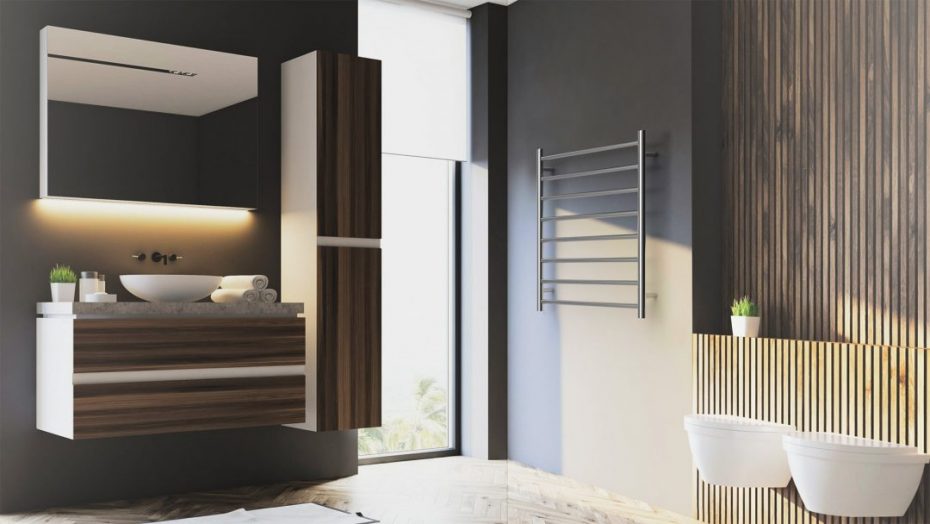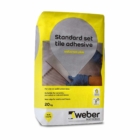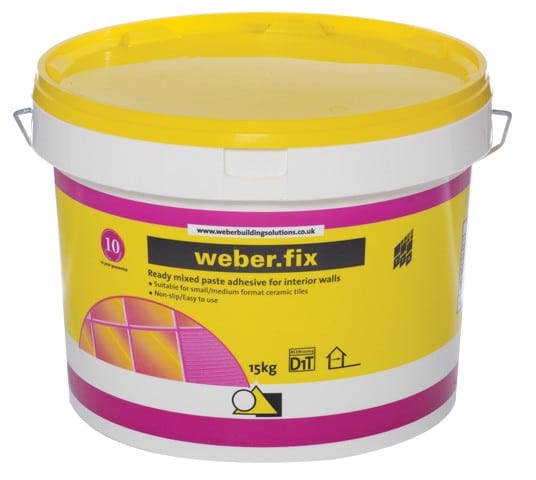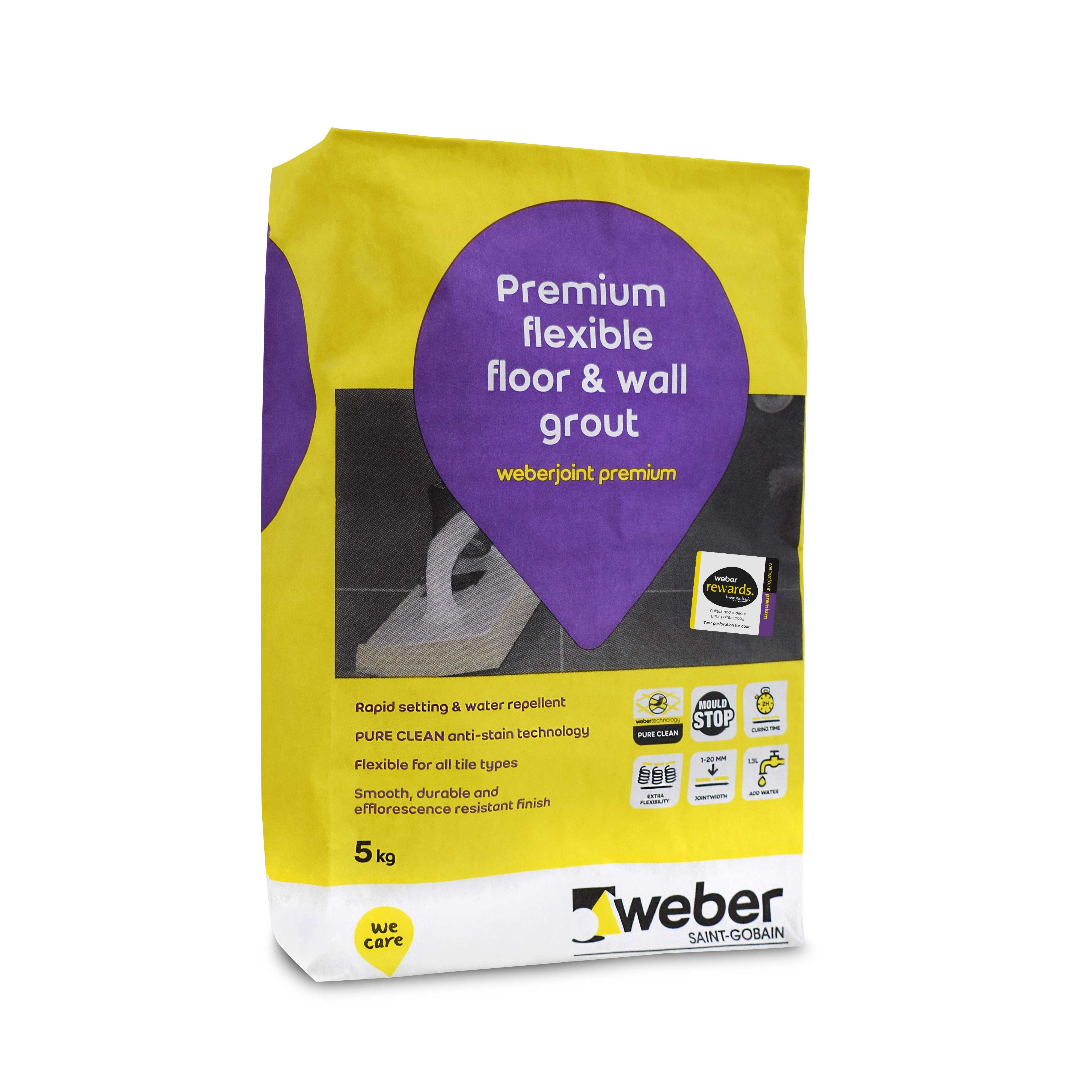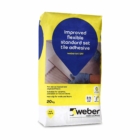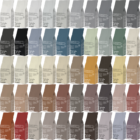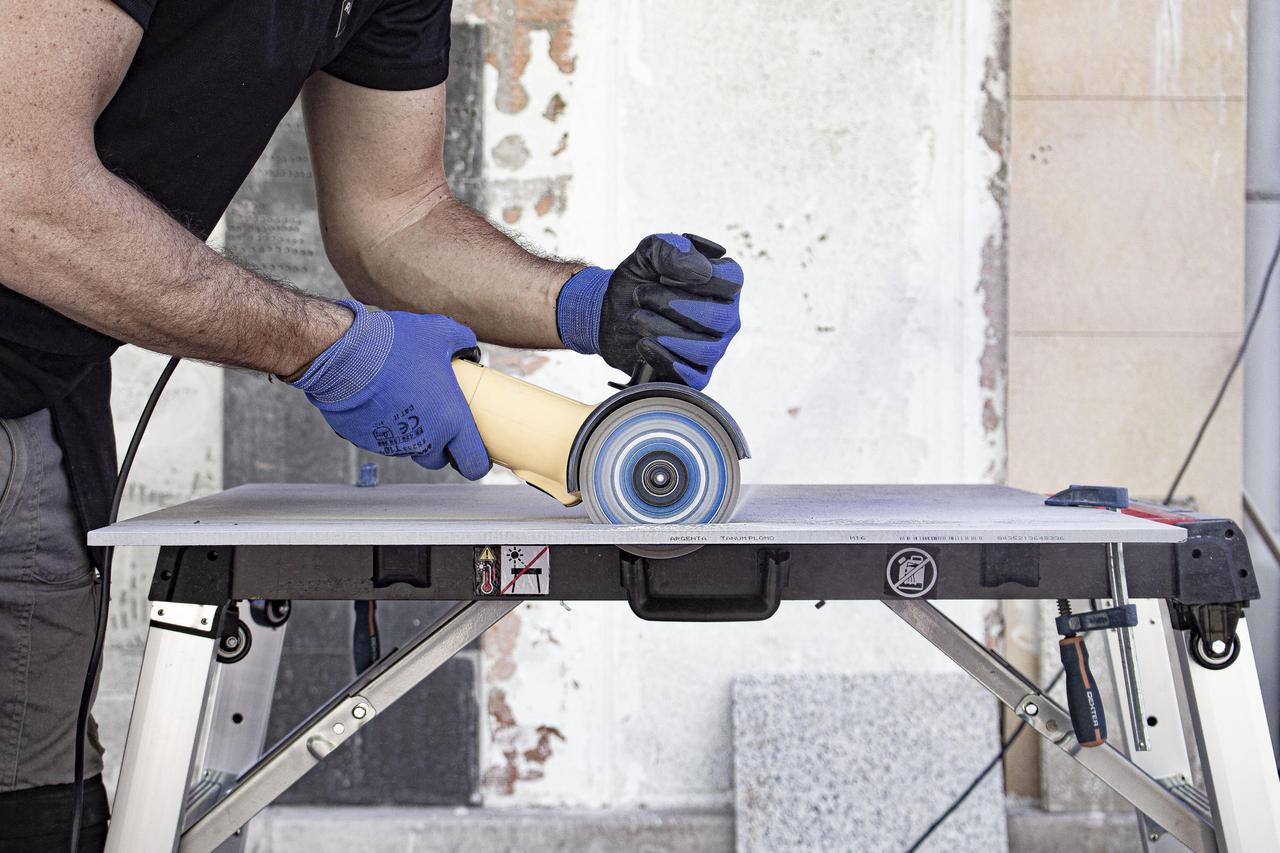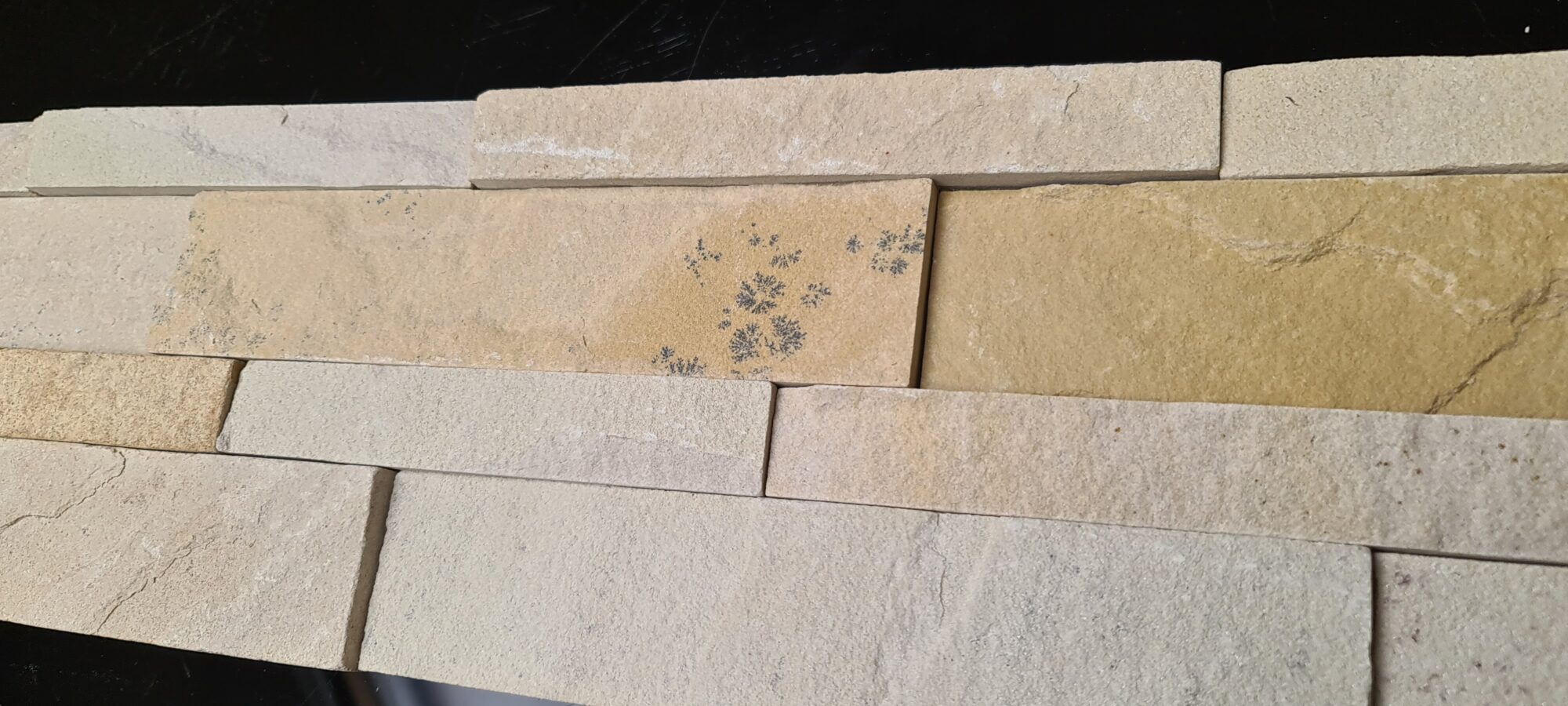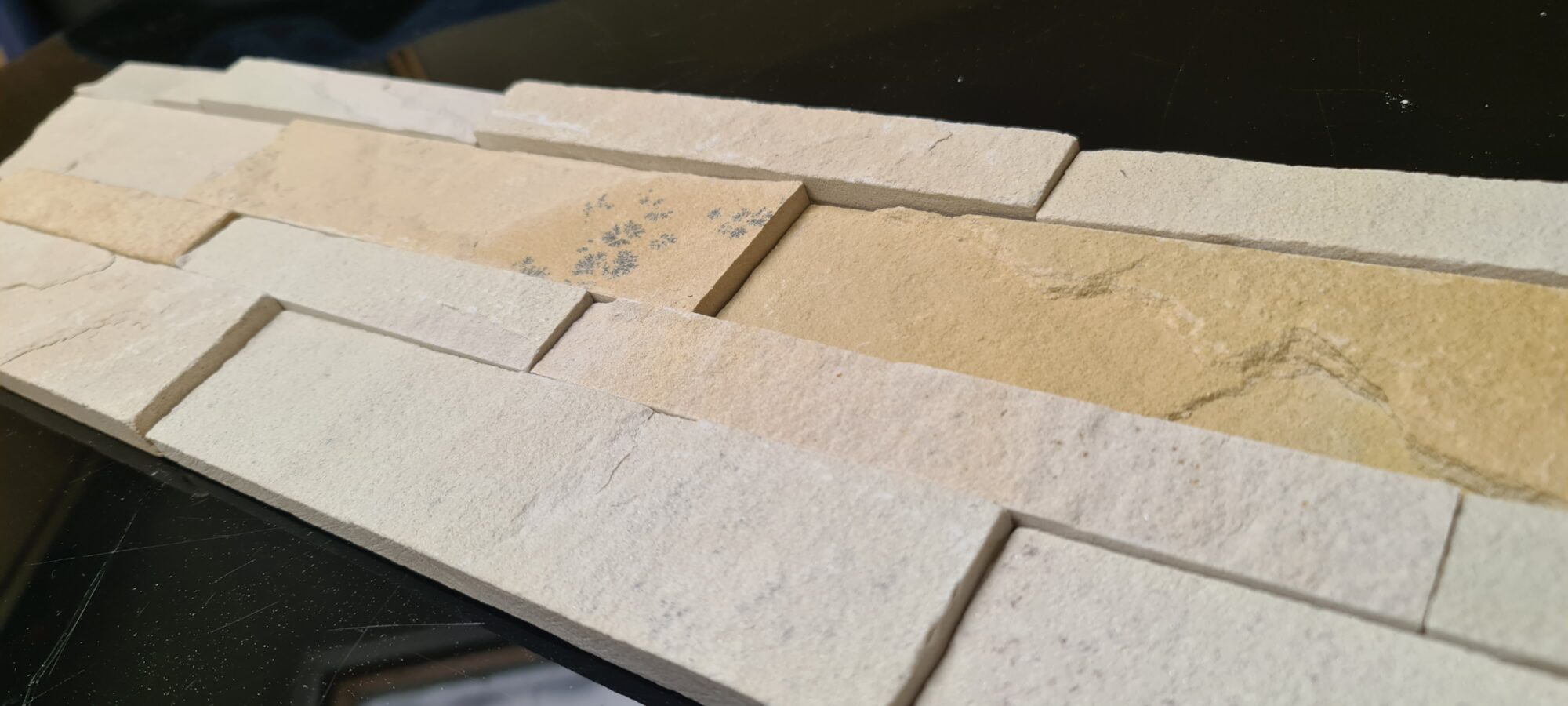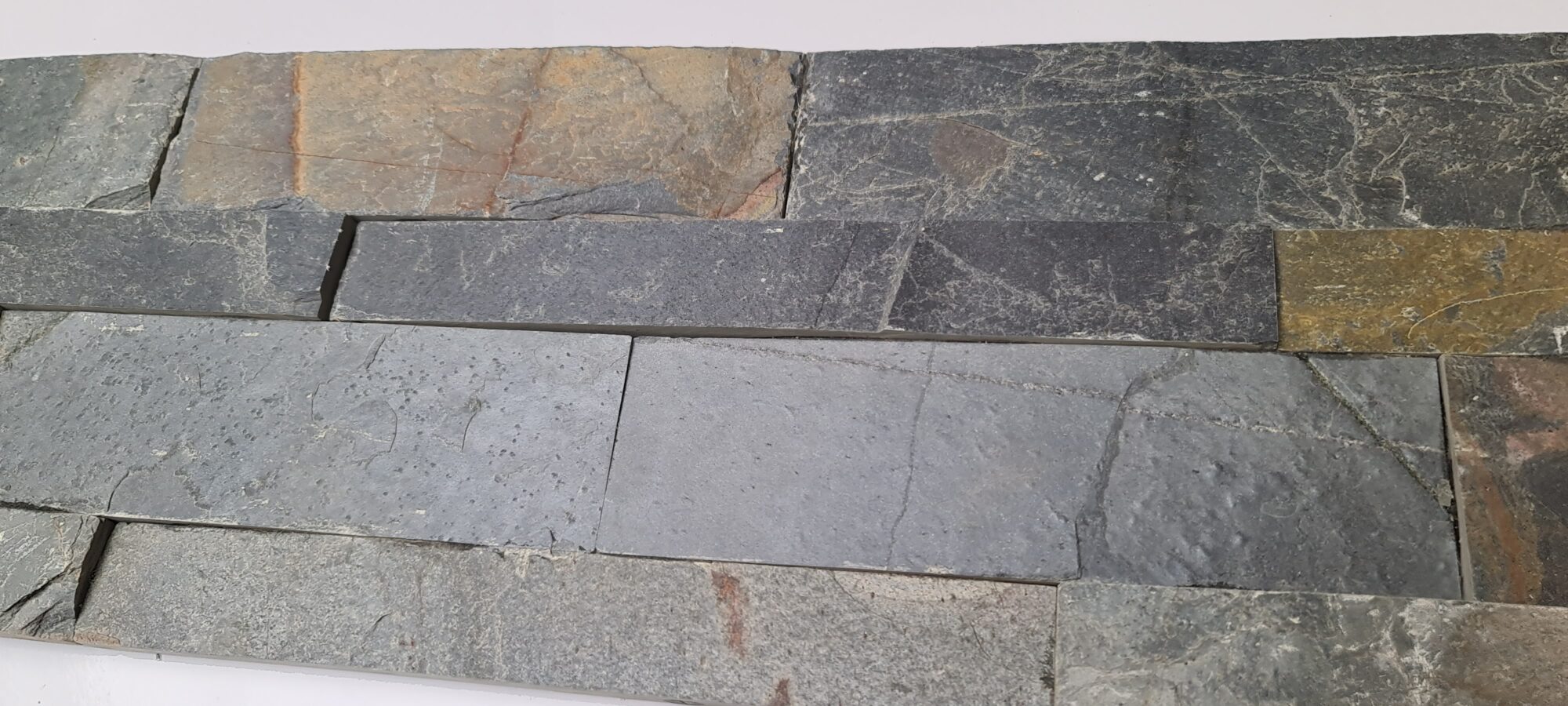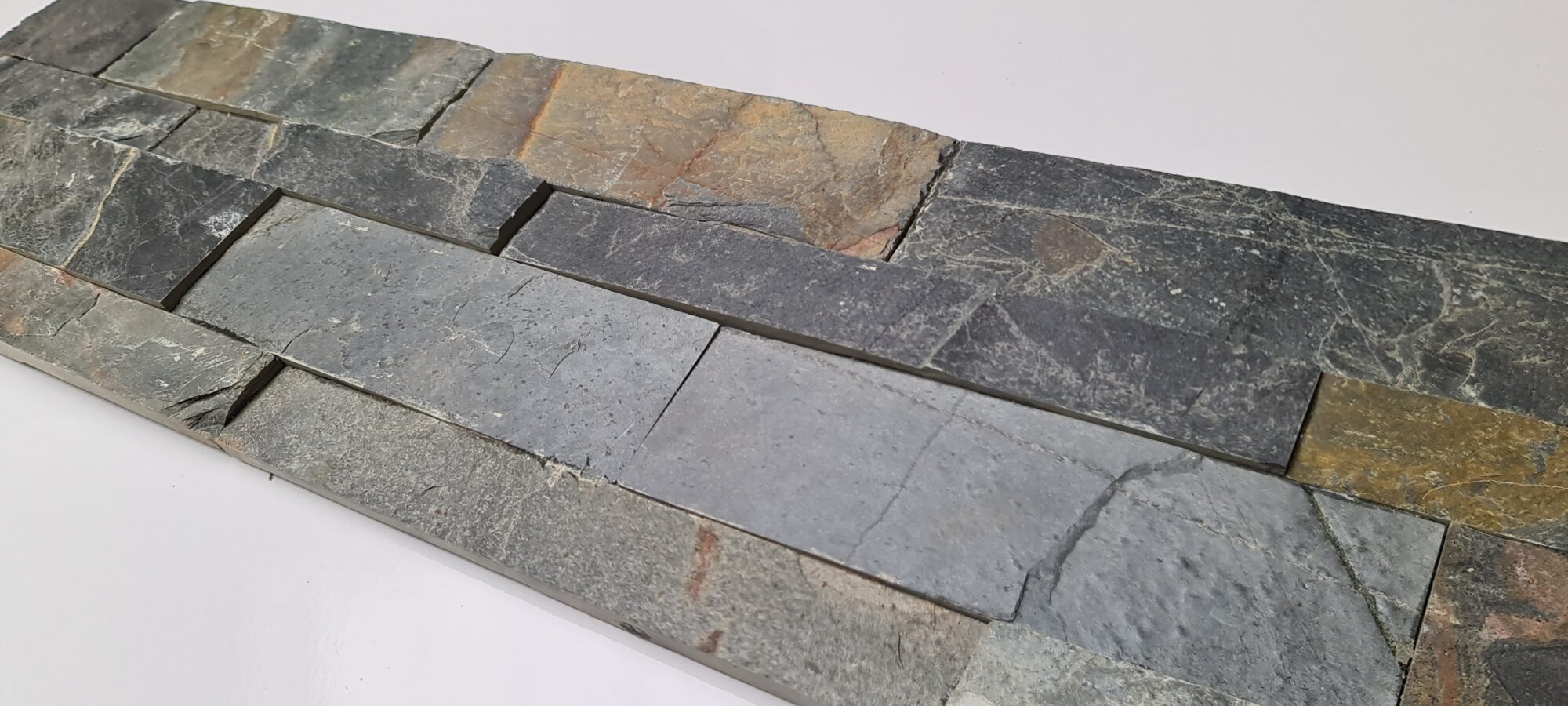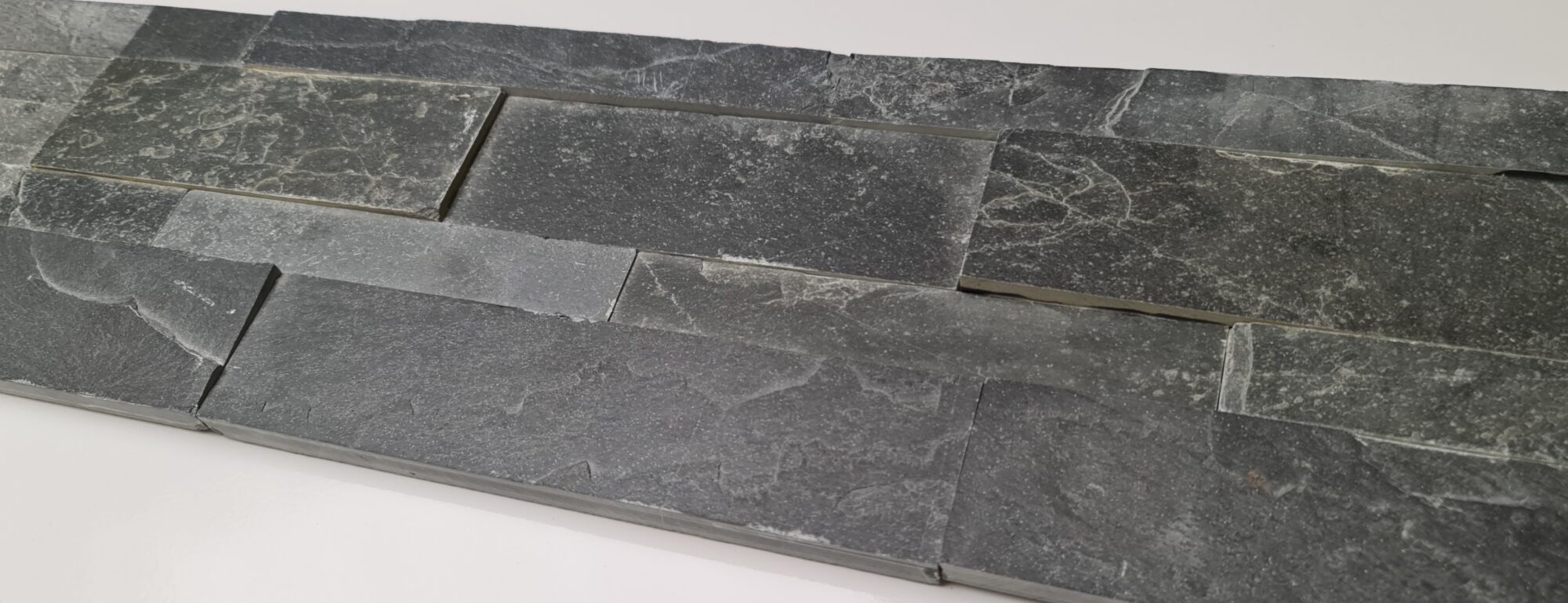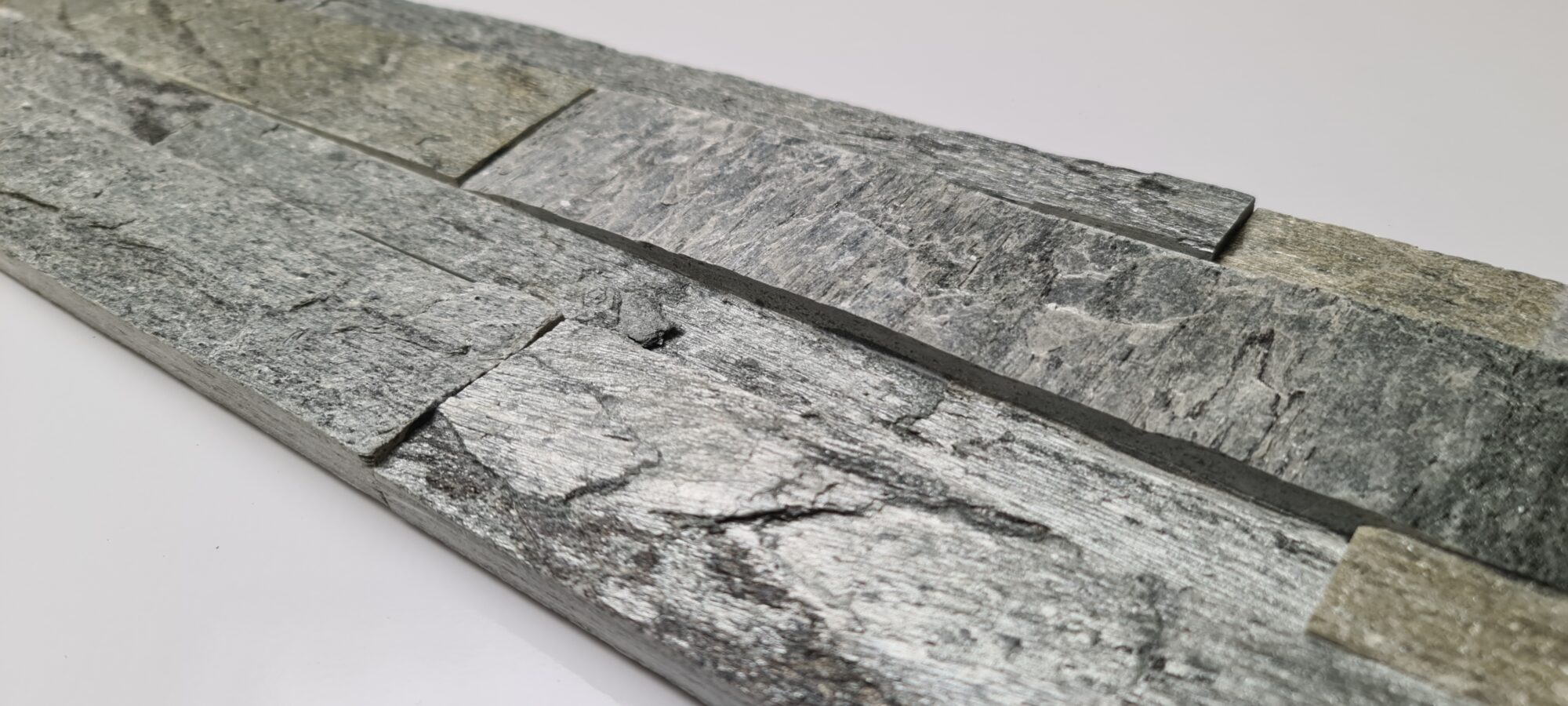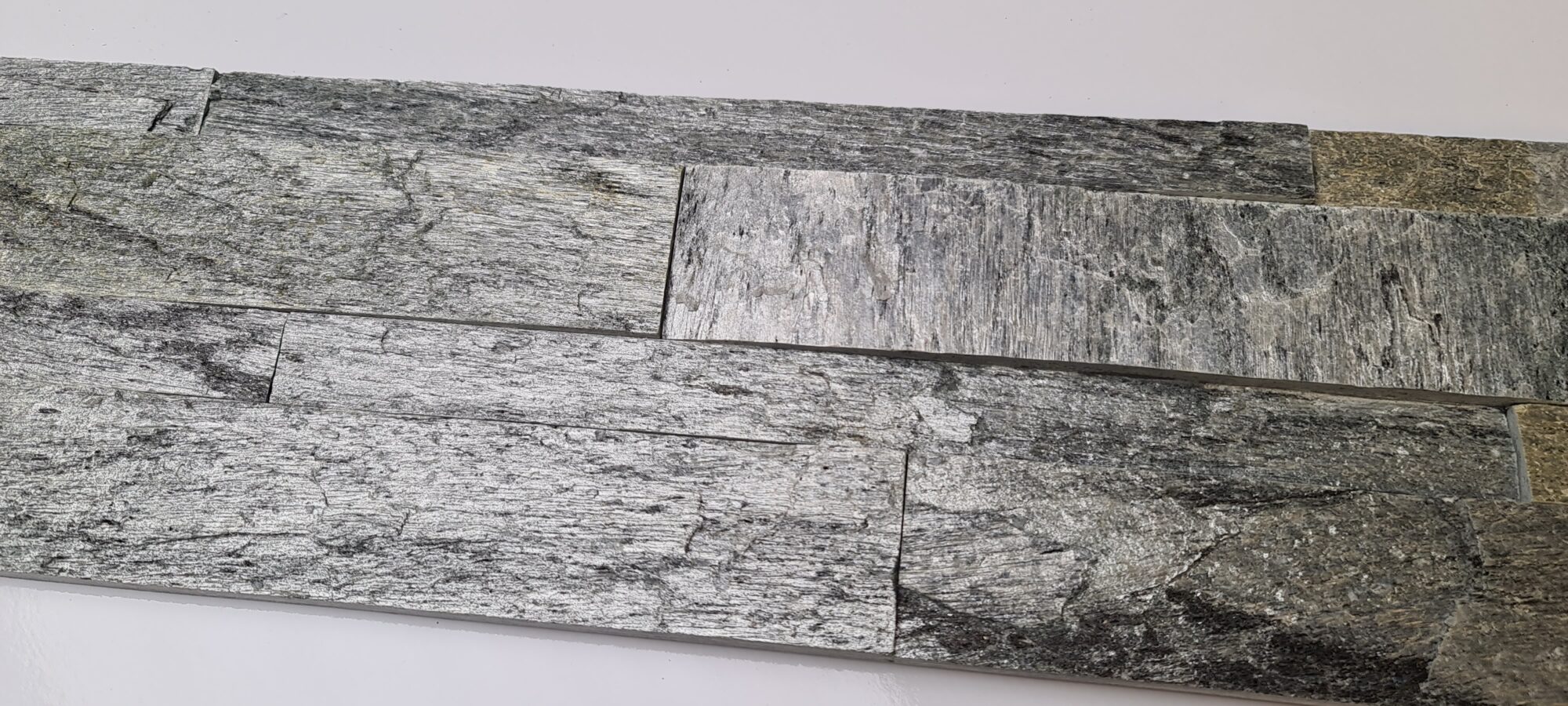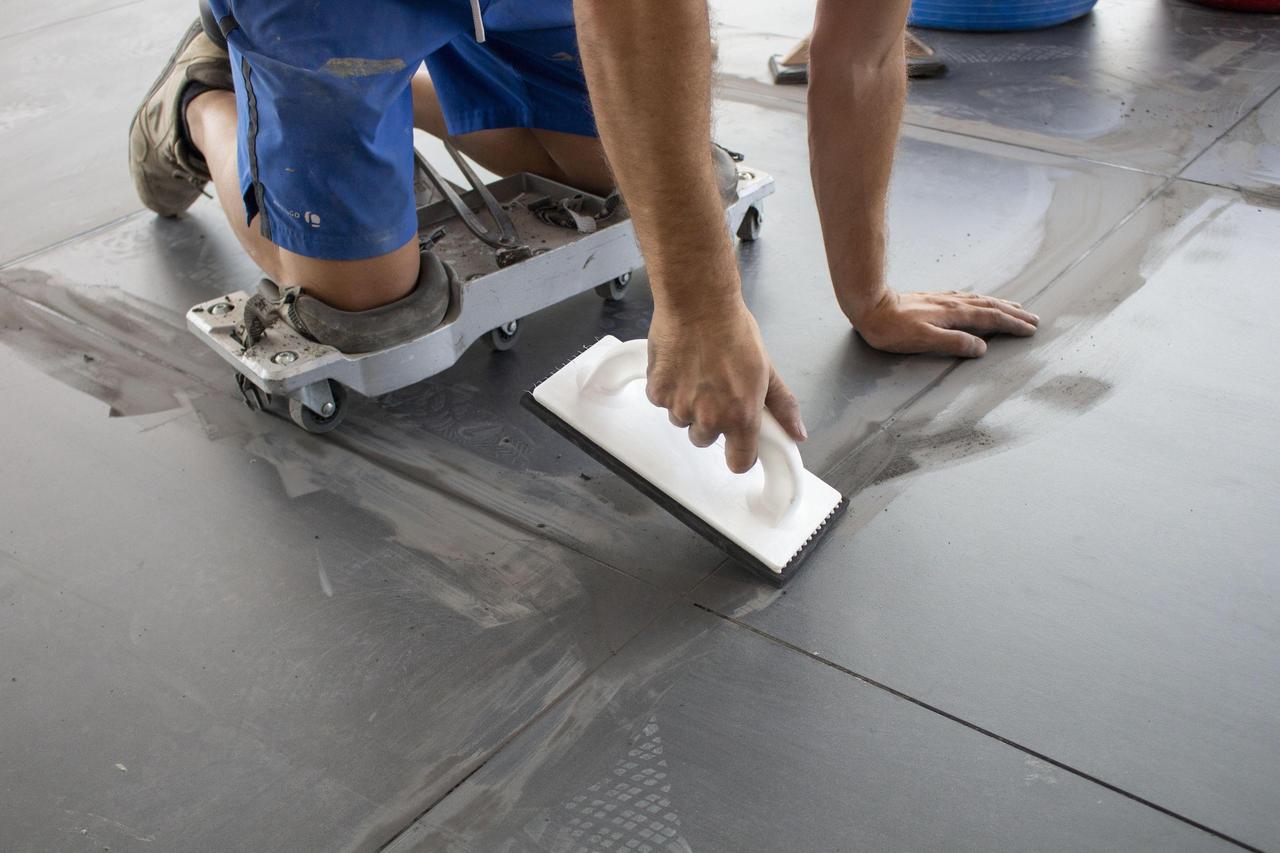What are Slate Tiles?
Slate is a metamorphic, homogeneous, and finely-grained natural stone, found in quarries around the world. The stone gets its name from the way the rock forms in layers or slabs, like sheets of cardboard stacked on top of one another. The layers compress together under tremendous forces to form a strong bond that’s suitable for the manufacture of tiling.
There are numerous types of slate tiling available, with unique characteristics and visual qualities. Quarries cut large slabs of slate from the deposit, and break it down into smaller pieces before sending it to tiling manufacturers for processing into floor, wall, and roofing tiles.
Tiling manufacturers will gauge the material, smoothing the back of the tile, providing easier fitment in your home. You can purchase slate tiles in a raw, natural state, or as a honed and finished tile.
Is Slate Flooring in Style?
Slate tiling is one of the most popular flooring options available. The fine grain of the tiles and a wide selection of colours make it a favourite choice of homeowners all across the United Kingdom. Slate tiling suits both interior and exterior applications, and it provides an attractive visual appearance for the homeowner and guests.
Is Slate Tile Expensive?
Slate is an affordable material, with some tiles costing as little as £40.49/m2, with premium brands costing as much as £47.15/m2. This pricing pales in comparison to the cost of other natural stone products like marble and granite, making slate the ideal choice for any homeowner looking for natural stone tiling on a budget.
Installation and sealing costs are not as high as limestone, granite, and marble, providing the best value for money when it comes to fitting natural stone tiles to your home.
How Thick is Slate Tile?
Slate tiles vary in thickness from one edge to the other, with high and low points occurring along a natural cleft in the tiles. As a result of this change in depth throughout the flooring, it may measure anywhere between 15-mm on the high points, to 6-mm on the low areas. Fitment professionals use a medium-bed mortar when installing the tiles, and this helps them to adjust the height during fitment, minimizing the variation in height between the adjacent tiles.
Is Slate Tile Durable?
Slate is the most durable natural stone tiling, and it’s reasonably resistant to scratching, chipping and cracking. If you’re using slate tiles in an exterior application where it gets wet frequently, sealing the tiles will ensure that they last a lifetime. Slate is a porous natural stone, and any spills on the surface will absorb into the tiles, resulting in discolouration. We think that slate is the best natural stone for use in high-traffic areas of the home, as it has excellent wear-resistance.
Is Slate Flooring Cold?
One of the drawbacks of installing slate tiling is its low thermal resistance. This fact means that it can get cold underfoot, especially in the wintertime. If you’re installing slate tiles in the living room or bedrooms, we recommend that you combine it with an under-floor heating system. Due to the low thermal resistance of the tiles, they heat up quickly, warming the room in no time at all.
Are Slate Tiles Good for Kitchen Floors?
Sealed slate tiling is an excellent material for use on kitchen floors. The hardy nature, along with the smaller surface area compared to other types of tiles, means that they have improved resilience against impact from dropped items. Slate cleans easily, and you don’t need any special cleaning materials to mop up spills.
Is Slate Tile Porous?
Slate tiles are highly porous, meaning that they will readily absorb any moisture if not properly sealed. Unsealed slate absorbs all liquids spilt on the surface of the tiles, resulting in staining. The uneven surface of the tiles also catches dirt and debris in the natural pockets and grooves.
Is Slate Tile Waterproof?
Slate tiles are not naturally waterproof, and they require sealing and polishing to improve their water-resistance. If you are planning on using slate in the bathroom or around the pool, then we recommend you seal your tiles to increase the service life.
Is Slate a Good Choice for Bathroom Floors?
We think that slate is the ideal material for bathroom floor tiles. The natural clefts and ridges in the tiles give the bathroom floor more traction, preventing slip-and-falls. Always seal your bathroom and shower floor when using slate tiles. Sealing prevents soap scum and bacteria from growing in the pores of the tile.
Do You Have to Seal Slate Tile Before You Grout?
At Atlas Ceramics, we recommend that you seal your slate tiles before and after fitment. If you fail to seal your tiles before fitment, then you run the risk of the grout absorbing into the crevices and pores, staining the flooring. During grouting, many fitment professionals make use of a caulking gun instead of a traditional grout float.
Remove the excess grout by following the caulking gun with a damp cloth to prevent overrun of the grouting on the tiles. Sealing the tiles before grouting also helps to enhance and deepen the natural colours in the tiles.
How Do You Remove Grout from Slate Tiles?
After fitting your slate, you may have some excess grout left on the surface of the tiles. Follow this guide to leave your slate looking like new. It’s important to note that this technique will only work on sealed slate tiling. If you fail to seal your tiles, then the grout may trap in the pores and crevices, making it incredibly challenging to remove.
Use a nylon scrubbing brush and distilled water to scrub the grout from the surface of the tiles. Scrub four tiles at a time and make sure that you are removing the haze. Use a grouting sponge to absorb the dirty water from the tiles, and then dry them using a terry cloth or paper towels before moving onto the next section.
As a final step, mop the floor with a sponge mop and distilled water to create a clean, grout-free surface.
How Do You Clean Slate Floor Tiles?
When cleaning unsealed slate floors, we recommend you stick to using a broom or the vacuum cleaner. Never mop or clean slate tiles with water, as the porous surface absorbs all liquids. If you do spill something on your slate tiling, use paper towels to absorb the spill as quickly as possible and prevent staining.
While slate is more resistant to acidic cleaners than other types of natural stone, you should still avoid using aggressive cleaning detergents like vinegar and bleach, as the acidity may cause staining or discolouration of your tiles.
How Do You Shine Slate Tiles?
To get the best shine out of your slate flooring, we recommend that you start the sealing process by removing all furniture from the room. Vacuum the dirt and debris from the surface and then clean the tiles using a sponge mop and hot water. Steam mops are suitable for cleaning the slate, and it dries much faster than using a traditional mop, preventing absorption of water into the pores of the slate.
Apply some acrylic sealant to the tiles, and let it dry completely. Wait for 48-hours for the sealant to dry, and the keep applying layers of sealant until you achieve the shine and finish you desire.


